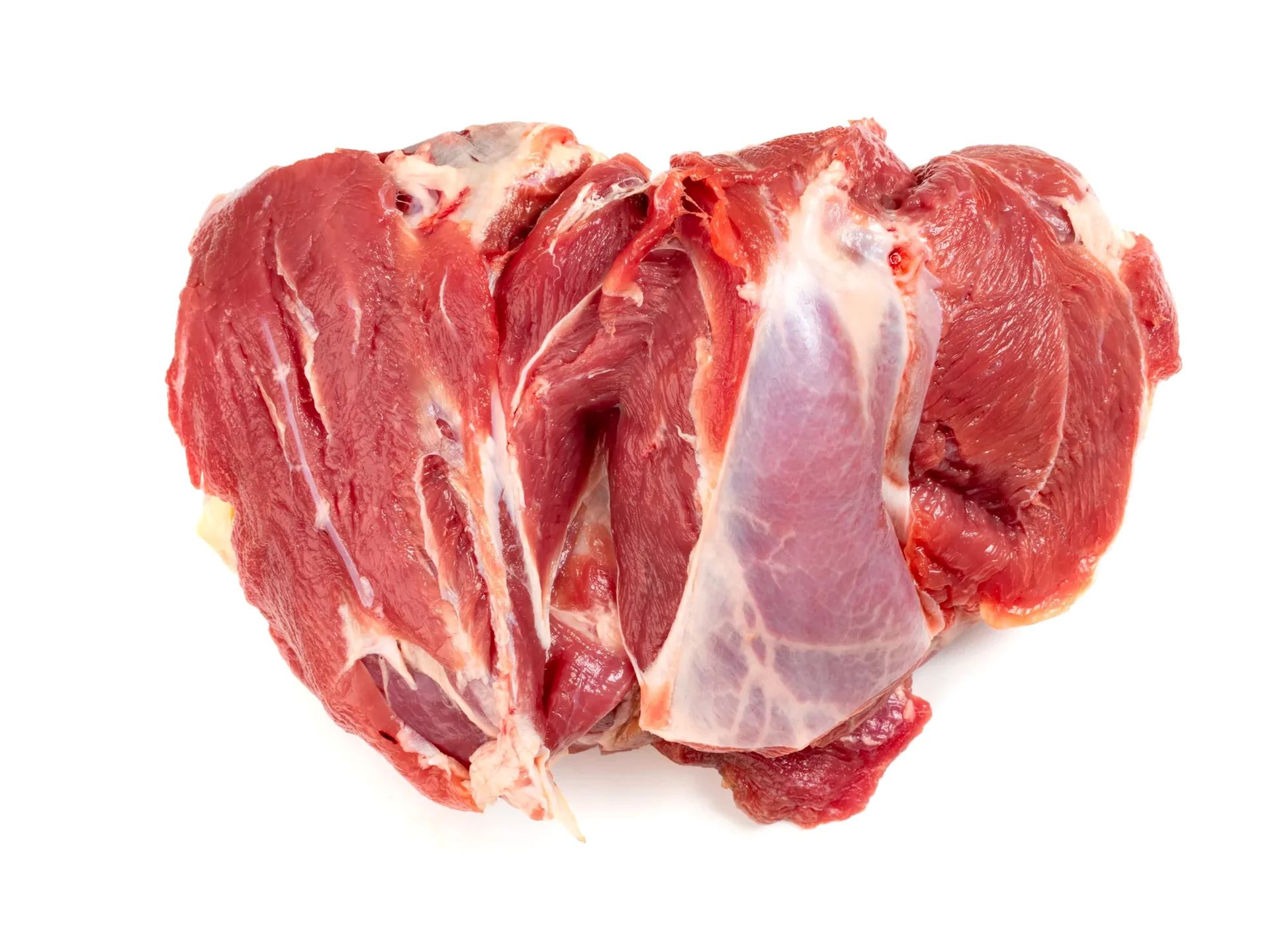
Camel meat, although not as commonly consumed as beef, pork, or chicken, is a unique and nutritious alternative for those looking to diversify their protein sources. This lean meat comes from camels, mammals native to arid regions and often associated with desert landscapes. While camel meat may not be readily available in all parts of the world, it is renowned for its distinctive taste and health benefits. In this article, we will explore ten fascinating nutrition facts about camel meat, showcasing why it is worth considering as part of a balanced diet. From its high protein content to its rich source of essential vitamins and minerals, camel meat proves to be a nutritious and delicious option for adventurous eaters. So, let’s delve into the details of why camel meat deserves a spot on your plate!
Key Takeaways:
- Camel meat is a high-protein, low-fat option packed with essential vitamins and minerals. It’s great for athletes and those looking to maintain a healthy weight and support their immune system.
- With its rich content of iron, vitamin C, and omega-3 fatty acids, camel meat is a nutritious choice for boosting energy levels, promoting healthy skin, and supporting heart and brain health.
High in Protein
Camel meat is a rich source of protein, containing all the essential amino acids needed for growth and repair of body tissues. Consuming camel meat can be especially beneficial for athletes, bodybuilders, and individuals looking to meet their protein requirements.
Low in Fat
Camel meat is lean meat, meaning it contains minimal fat compared to other meats. This makes it a healthier alternative for individuals who are conscious of their fat intake. The low-fat content of camel meat can contribute to maintaining a healthy weight and promoting heart health.
High in Vitamins and Minerals
Camel meat is packed with essential vitamins and minerals, including vitamin B12, iron, zinc, and selenium. These nutrients play a crucial role in various bodily functions, such as red blood cell production, immune system support, and antioxidant activity.
Rich in Omega-3 Fatty Acids
Omega-3 fatty acids are important for brain health, reducing inflammation, and supporting heart health. Camel meat contains a good amount of these essential fatty acids, making it a great addition to a balanced diet.
Low in Cholesterol
Compared to other meats, camel meat has relatively low levels of cholesterol. This makes it a favorable choice for individuals with high cholesterol levels or those who want to maintain healthy blood cholesterol levels.
Source of Iron
Iron is crucial for the production of red blood cells and oxygen transportation in the body. Camel meat is a good source of iron, which can help prevent iron deficiency anemia and boost energy levels.
High in Vitamin C
Camel meat contains a significant amount of vitamin C, an essential nutrient known for its immune-boosting and antioxidant properties. Vitamin C also aids in collagen production, promoting healthy skin and tissue repair.
Rich in B Vitamins
The B vitamins found in camel meat, such as niacin, thiamine, and riboflavin, are essential for converting food into energy, supporting brain function, and maintaining healthy skin, hair, and nails.
Contains Essential Minerals
Camel meat is a good source of essential minerals like zinc, selenium, and phosphorus. These minerals are vital for bone health, immune system function, and supporting overall well-being.
Gluten-Free Option
For individuals with gluten intolerance or celiac disease, camel meat can be a great protein source as it is naturally gluten-free and can be used as an alternative to wheat-based proteins.
Conclusion
In conclusion, camel meat is a nutritious and unique protein source that offers numerous health benefits. It is rich in essential nutrients such as vitamins, minerals, and amino acids. Camel meat is low in fat and cholesterol, making it a healthy choice for those looking to maintain a balanced diet. Moreover, it contains beneficial fatty acids, including omega-3 and omega-6, which are known to promote heart health and reduce inflammation in the body. With its distinct flavor and tender texture, camel meat can be enjoyed in a variety of dishes.
FAQs
1. Is camel meat safe to consume?
Yes, camel meat is safe to consume when cooked properly. It is important to handle and cook camel meat just like any other type of meat to prevent any potential foodborne illnesses.
2. What are the nutritional benefits of camel meat?
Camel meat is packed with essential nutrients such as protein, iron, zinc, and B vitamins. It is also low in fat and cholesterol, making it a healthy choice for individuals looking to maintain a balanced diet.
3. How does camel meat taste?
Camel meat has a distinct flavor that is often described as slightly sweet and savory. It has a tender texture, similar to beef, but with a unique taste that sets it apart.
4. Where can I find camel meat?
Camel meat can be found in regions where camels are raised and consumed, such as parts of the Middle East, Africa, and parts of Asia. It may also be available in select specialty stores or online.
5. How can I incorporate camel meat into my diet?
Camel meat can be used as a substitute for other types of meat in various recipes such as stews, burgers, kebabs, and stir-fries. It can add a unique and flavorful twist to your meals.
Was this page helpful?
Our commitment to delivering trustworthy and engaging content is at the heart of what we do. Each fact on our site is contributed by real users like you, bringing a wealth of diverse insights and information. To ensure the highest standards of accuracy and reliability, our dedicated editors meticulously review each submission. This process guarantees that the facts we share are not only fascinating but also credible. Trust in our commitment to quality and authenticity as you explore and learn with us.
